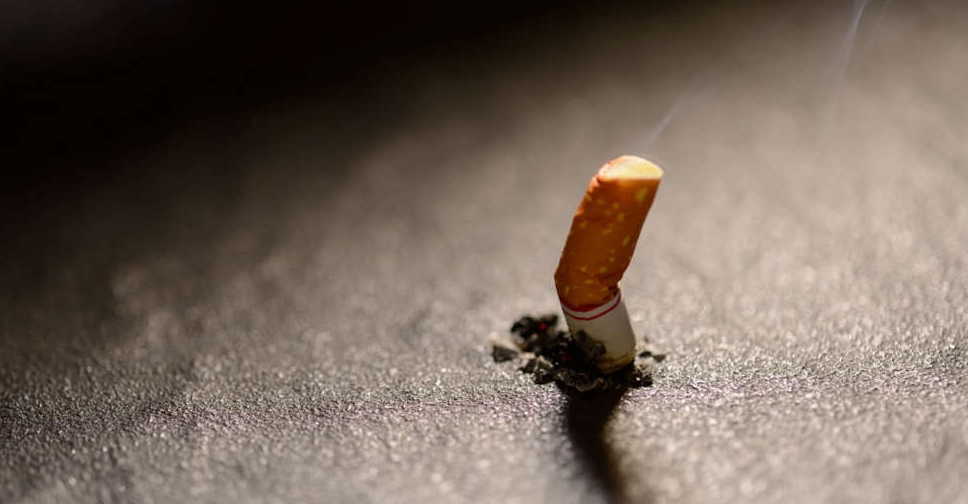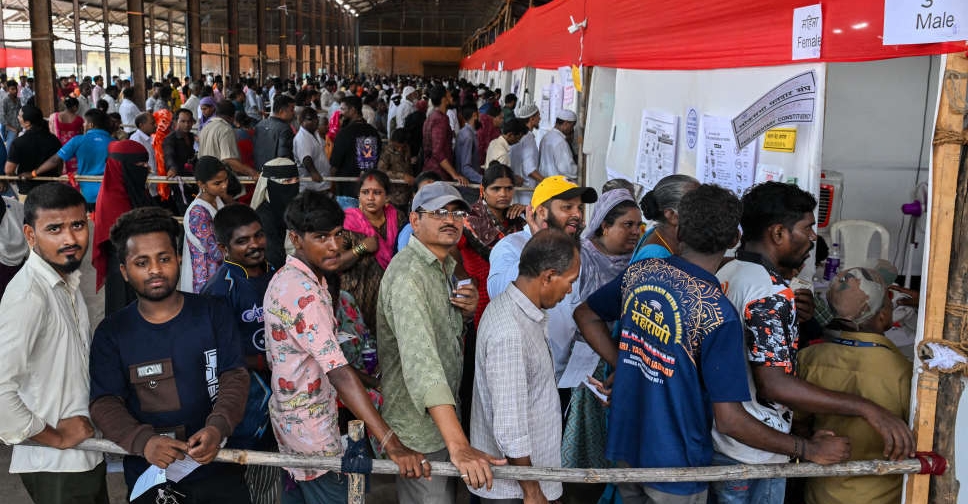
New Zealand plans to ban young people from ever buying cigarettes in their lifetime in one of the world's toughest crackdowns on the tobacco industry, arguing that other efforts to extinguish smoking were taking too long.
People aged 14 and under in 2027 will never be allowed to purchase cigarettes in the Pacific country of five million, part of proposals unveiled on Thursday that will also curb the number of retailers authorised to sell tobacco and cut nicotine levels in all products.
"We want to make sure young people never start smoking so we will make it an offence to sell or supply smoked tobacco products to new cohorts of youth," New Zealand Associate Minister of Health Ayesha Verrall said in a statement.
"If nothing changes, it would be decades till Māori smoking rates fall below 5 per cent, and this government is not prepared to leave people behind."
Currently, 11.6 per cent of all New Zealanders aged over 15 smoke, a proportion that rises to 29 per cent among indigenous Maori adults, according to government figures.
The government will consult with a Maori health task force in the coming months before introducing legislation into parliament in June next year, with the aim of making it law by the end of 2022.
The restrictions would then be rolled out in stages from 2024, beginning with a sharp reduction in the number of authorised sellers, followed by reduced nicotine requirements in 2025 and the creation of the "smoke-free" generation from 2027.
The package of measures will make New Zealand's retail tobacco industry one of the most restricted in the world, just behind Bhutan where cigarette sales are banned outright. New Zealand's neighbour Australia was the first country in the world to mandate plain packaging of cigarettes in 2012.
The New Zealand government said while existing measures like plain packaging and levies on sales had slowed tobacco consumption, the tougher steps were necessary to achieve its goal of fewer than 5% of the population smoking daily by 2025.
The new rules would halve the country's smoking rates in as few as 10 years from when they take effect, the government said.
Smoking kills about 5,000 people a year in New Zealand, making it one of the country's top causes of preventable death. Four in five smokers started before age 18, the country's government said.
"CRIME WAVE"
Health authorities welcomed the crackdown, while retailers expressed concern about the impact on their businesses and warned of the emergence of a black market.
The government did not give specifics about how the new rules would be policed or whether and how they would apply to visitors to the country.
"Cigarette smoking kills 14 New Zealanders every day and two out of three smokers will die as a result of smoking," said New Zealand Medical Association chair Alistair Humphrey in a statement.
"This action plan offers some hope of realising our 2025 Smokefree Aotearoa goal, and keeping our tamariki (Maori children) smokefree."
However, the Dairy and Business Owners Group, a lobby group for local convenience stores, known in New Zealand as dairies, said while it supported a smoke-free country, the government's plan would destroy many businesses.
"This is all 100 per cent theory and zero per cent substance," the group's chairman, Sunny Kaushal, told Stuff.co.nz. "There’s going to be a crime wave. Gangs and criminals will fill the gap with ciggie houses alongside tinnie houses."




 Iranian President Raisi killed in helicopter accident, state media says
Iranian President Raisi killed in helicopter accident, state media says
 Israel intends to broaden Rafah sweep, Defence Minister tells US
Israel intends to broaden Rafah sweep, Defence Minister tells US
 New Taiwanese president calls on China to stop threats
New Taiwanese president calls on China to stop threats
 India votes in fifth phase of elections
India votes in fifth phase of elections


